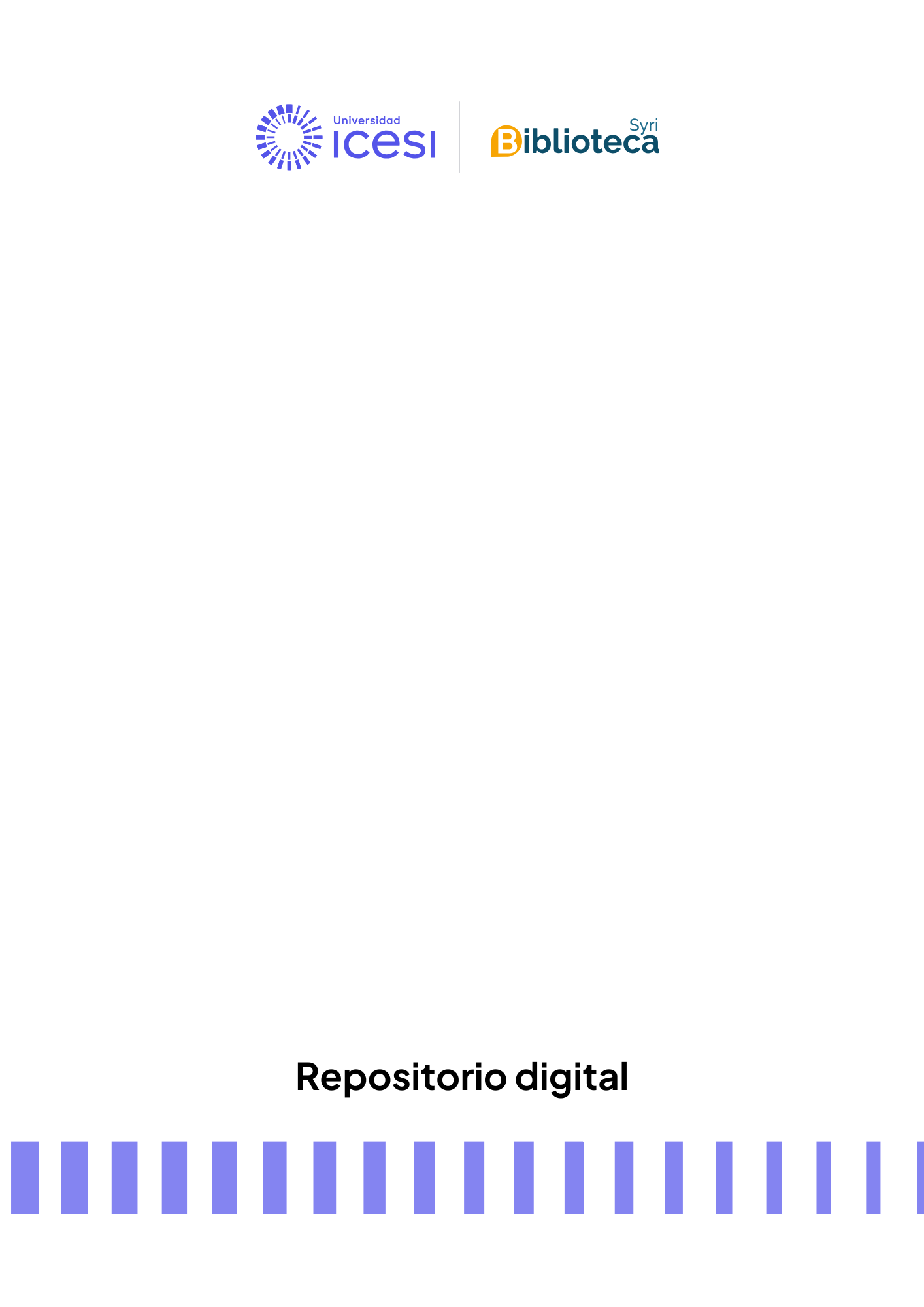Emotiv EPOC BCI with Python on a Raspberry pi

Archivos
Fecha
Director de tesis/Asesor
Título de la revista
ISSN de la revista
Título del volumen
Publicador
Editor
Compartir
Resumen
El sistema de Interfaz Cerebro-Computador [BCI, Brain-Computer Interface] brinda una percepción en el desarrollo de interfaces aplicables para los usuarios con diferen-tes aproximaciones, desde aplicaciones médicas hasta videojue-gos, donde lo autónomo y lo wearable (utilizable en el cuerpo humano) hacen referencia a accesibilidad para los usuarios. Sistemas como los EPOC ofrecen una solución simple para la adquisición de señales de electroencefalografía y electromiogra-fía, a bajo costo y con una rápida configuración, si se comparan con el equipamiento médico de alta tecnología.
Abstract
The hybrid Brain-Computer Interface [BCI] system gives an insight on the development of useful interfaces for users with different backgrounds, from medical applications to video games, where standalone and wearable means accessibility for the user. Systems such as EPOC offers a simple solution for acquiring electroencephalography and electromyography signals with low price and fast setup, compared to high tech medical equipment. From the processing point of view, a computer always offers the main foundation for solving any issue, as the Raspberry Pi [RPi] does, which provides the sufficient computational power for a BCI to be implemented and an open source operating system such as Raspbian. Certainly a wireless communication is a must between the robot and the RPi, where an Xbee module gives a simple bidirectional connection. Python is the principal tool used in the project with multiple libraries for the processing of brain and muscular signals not only for the preparation of them but classification as well, from multithreading functions, feature extraction such as power spectral density and Hjorth parameters, and a support vector machine classifiera.

